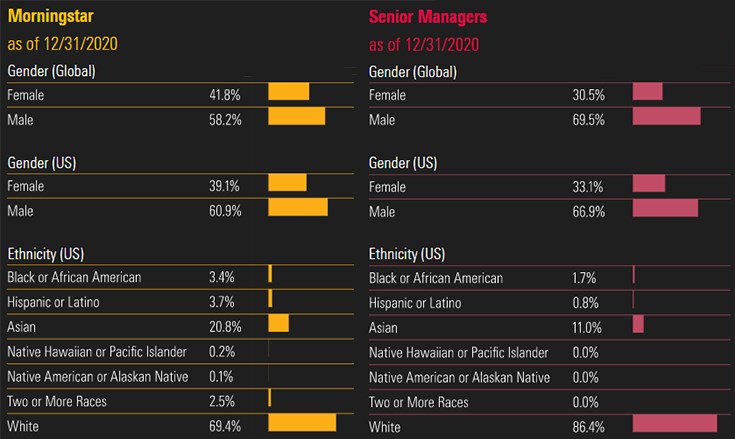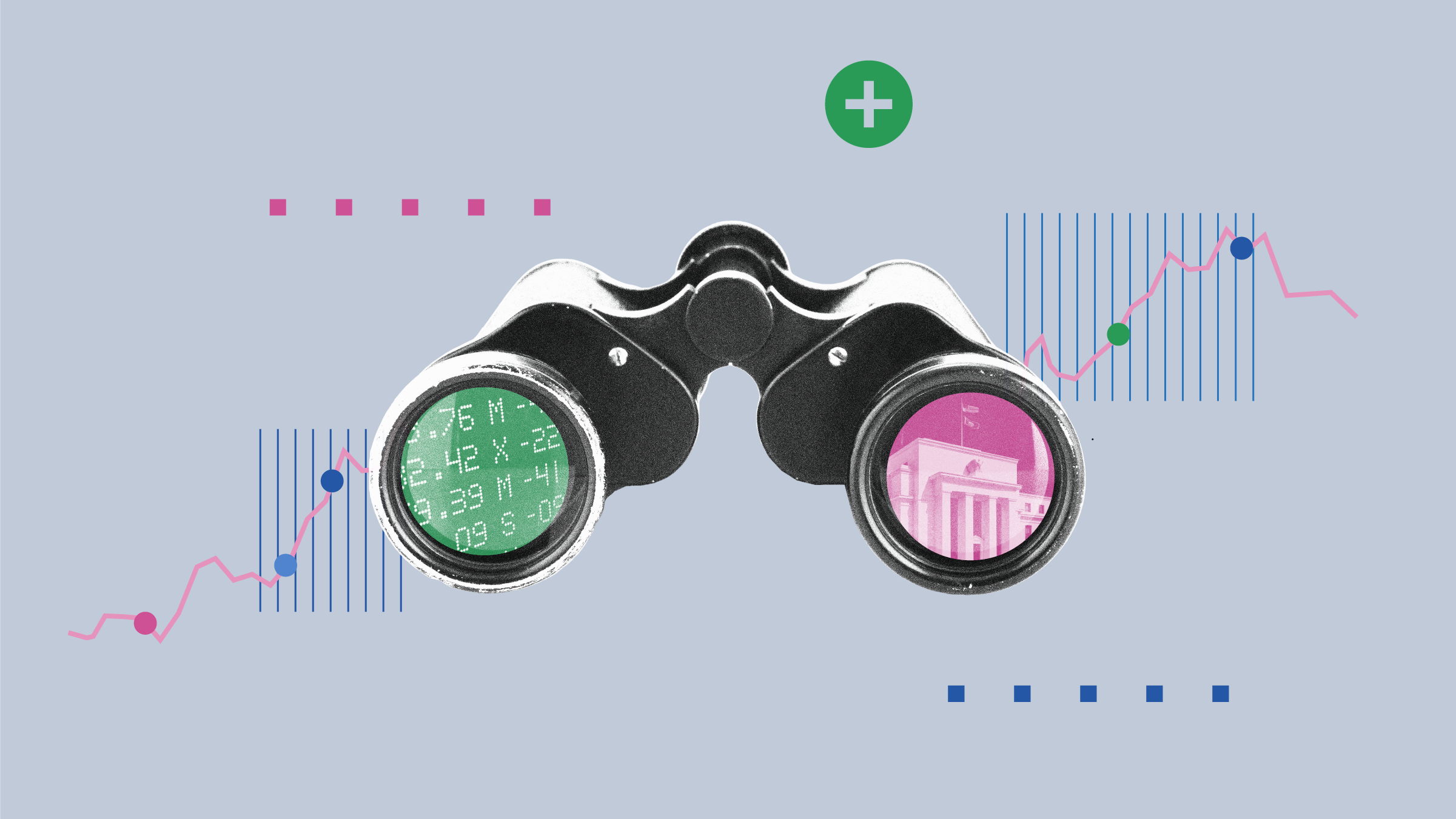
At this time of year we tend to think about what we’ve achieved. In 2021 I took up running for the first time in my life (couch to 5k anyone?) That pasta machine I got excited about in April, though? Still gathering dust in my cupboard.
As we were planning our Outlook 2022 week, one thought stuck with me: “what do I actually think will happen next year?” I’ll tell you what won’t happen: better diversity, equity and inclusion (DEI).
I’m wondering what progress we’ve actually made to make financial services more inclusive. I genuinely don’t want to go through another year of celebrating pretend strides taken to bring more women and people from minority backgrounds into the industry’s top roles.
It pays to be a bit cynical here because the truth is ungratifying. We are still so far off the mark. To improve opportunities for anyone not white cis-male, we need to talk about how influential the system is that promotes that group’s interests. Sometimes, we refuse to open our eyes and actually look.
Framing Bias
As a data journalist I want to say the following two things. One, it’s all about data, and two, we do not have sufficient data.
This year, Morningstar added more comprehensive stats on board-level gender diversity in the UK, US and Canada. We’ve broken down which stocks are at the top of the list and which funds hold the most gender-diverse portfolios. This is an amazing step in the right direction.
Thanks to this progress, I have written several articles about female leadership since joining Morningstar in June. In one, I explored the relationship between diversity and performance. One beautiful morning a few weeks back, I noticed a company had shared it on LinkedIn. Female-led companies have stronger performance, remarked the poster. Take that, patriarchy, diversity wins again!
Except what we actually found wasn’t a one-two punch at mostly-male companies, but rather a disturbing lack of companies with female leaders.
Over 90% of the stocks listed in London have less than 40% women at executive levels, 30% of the constituents of the London Stock Exchange are all-male at leadership level, and not a single listed company has an all-female management. The way this problem is framed for readers really matters.

As depressing as these figures sound, we are only able to study the miserable numbers in detail because we have data. Yet it’s completely ridiculous that, in a world saturated with data for basically everything, we find ourselves scrambling when it comes to diversity.
Through data, we have perfected the layout of supermarkets, mastered sports performance and scouting, and prevented industrial accidents.
So why are we flat out floundering when it comes to DEI data? And to take it one step further: considering the very white/male way that the world is designed, is it a coincidence that this is the case?
And the distinction there is important. While it’s quite male at the top, it’s even more white. Changing that will require even better data than the type we tend to cling to today. That is a big ask, but it shouldn’t be.
On The Shelf
To throw some skin in the game, Morningstar has launched several initiatives to improve its diversity, including mentorships, sponsorships and networks, and a self-ID initiative to ensure that our data tracking also includes LGBTQ+ employees, non-binary employees, veterans, and people with disabilities.
But initiatives are only the first step. In our UK editorial team I am the only woman, but we are all white. Globally, 41.8% of our staff identify as female, while 58.2% identify as male. 69.4% of us are white. 69.5% of our senior managers are male. 86.4% are white.
So back to 2022. Celebrating progress is all well and good, but if companies are not thinking about their next move and tracking their progress (with data), it means very little. Achieving that requires action.
Most importantly though, people are so much more than data. Speak to your colleagues, listen to their experiences, talk about your own, and think about what you can do to ensure an inclusive workplace free from inequality and oppression. Diversity is not something to get excited about during events like Black History Month or International Women’s Day. It’s not a pasta machine to leave on the shelf. It is a continuous journey that needs introspection and your full commitment.
Sunniva Kolostyak is data journalist at Morningstar.co.uk





























